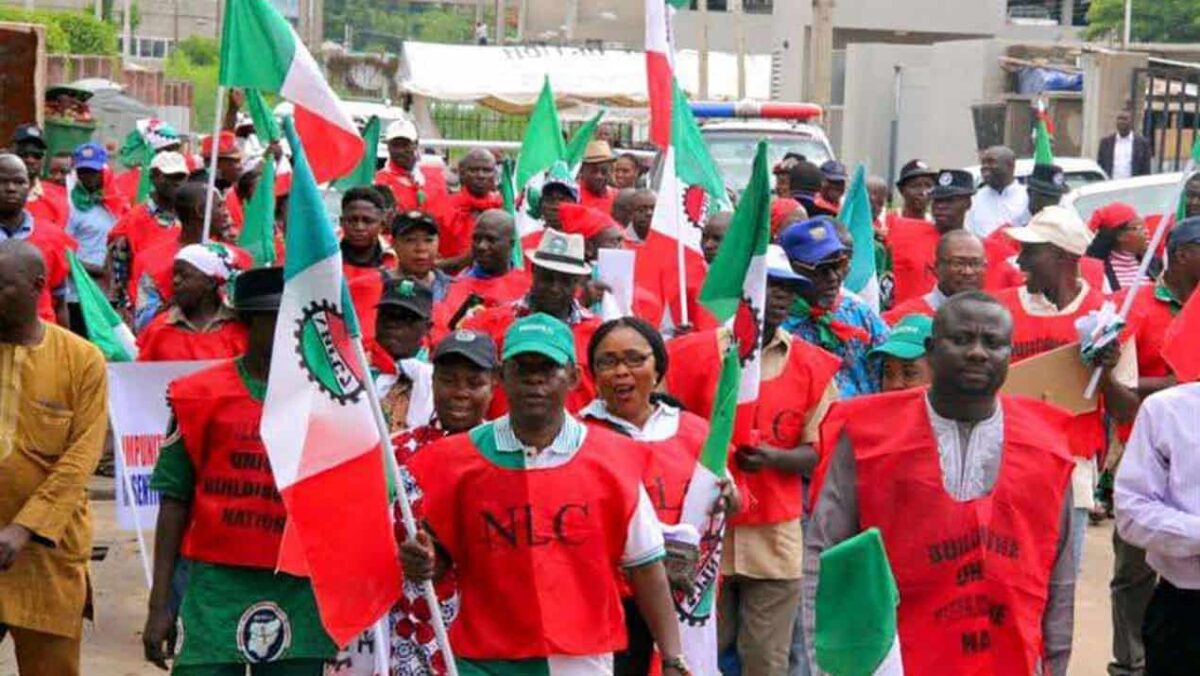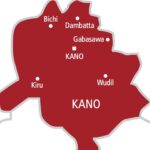Despite two ex-parte orders issued by the National Industrial Court on Thursday and Friday last week, leaders of organized labour in this country said at the weekend that they are determined to commence a nationwide, indefinite strike action and street protests commencing from tomorrow, September 28.
Both Nigeria Labour Congress [NLC] and Trade Union Congress [TUC] had obtained the “unanimous” approval of their national executive committees to embark on the action in order to protest deregulation of fuel prices as well as the steep increase in electricity tariffs.
According to NLC President Ayuba Wabba, NLC’s NEC “resolved to reject in its entirety the issue of hike in electricity tariffs by almost 100% as well as the fuel price increase in the name of full deregulation. This decision is premised on the fact that these twin decisions alongside other decisions of government including the increase of VAT by 7.5%, numerous charges being charged by commercial banks on depositors without any explanations will further impoverish Nigerian workers and citizens, including their families. Therefore, this increase, coming in the midst of the COVID-19 pandemic, is not only ill-timed, but it is also counterproductive.”
No doubt, the recent hike in both fuel prices and electricity tariffs was a double blow to Nigerian workers and other poor citizens. Labour unions could not fold their arms and not do something because their credibility in the eyes of their members and other Nigerians depends on it. Increase in fuel price, in particular, is extremely sensitive and is the most unpopular socio-economic government policy in Nigeria. Organized labour has doggedly fought it since the 1980s, sometimes successfully, sometimes unsuccessfully. The latest increases, coming just when we are emerging from months of lockdown, were a real kick in the stomach for poor Nigerians. Millions of Nigerians were badly affected by the lockdown; thousands lost their jobs, others lost income and millions more people only just made it through the lockdown.
Government, on the other hand, is hardly in a position to grant labour’s demand to roll back both fuel and power tariff hikes. As Finance Minister Mrs. Zainab Ahmed recently said, the public till suffered a 60% revenue decline due to the pandemic and lockdown. Government has had to run to foreign and domestic creditors to borrow money. Apparently, it was these creditors that forced it to eliminate subsidies in its budget which they regard as wasteful and unsustainable.
Instead, at unsuccessful talks with labour leaders last Thursday, government offered some palliative measures which labour leaders said they will consult their national executives. Meanwhile, first the pro-government NGO Peace and Unity Ambassadors Association and then the Attorney General and Minister of Justice obtained ex-parte orders from NJC to stop the strike. In the past, such orders did not always succeed in stopping strikes because labour leaders say they were not served with them.
Dire through the situation of workers is, Nigeria Governors’ Forum’s [NGF] observation last week that a general strike could worsen the economic situation could be true. The solution, as in the past, is for government to negotiate more seriously with labour leaders and offer a basket of palliative measures that would directly ease the suffering of ordinary citizens. If this general strike and protest do go ahead tomorrow, our hope is that they will not last long enough to cause further irreparable damage to the national economy.

 Join Daily Trust WhatsApp Community For Quick Access To News and Happenings Around You.
Join Daily Trust WhatsApp Community For Quick Access To News and Happenings Around You.


